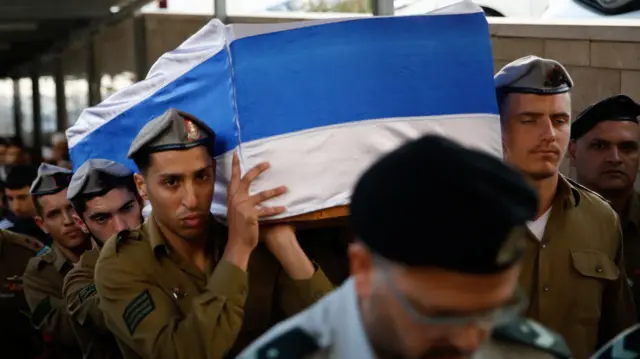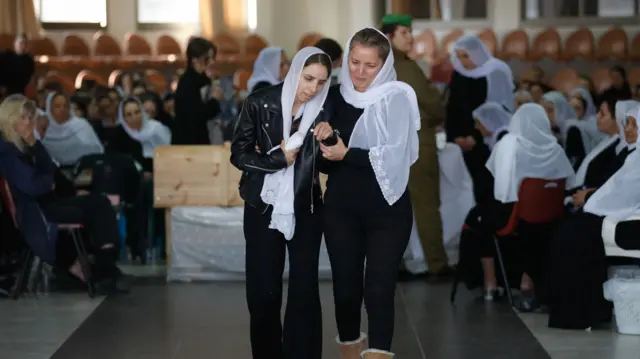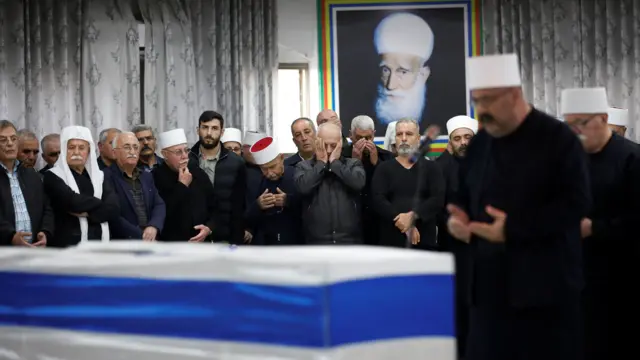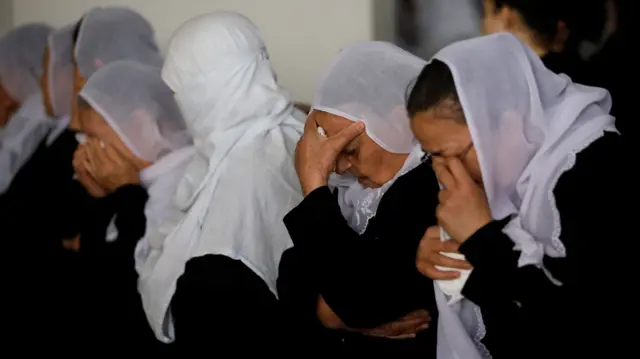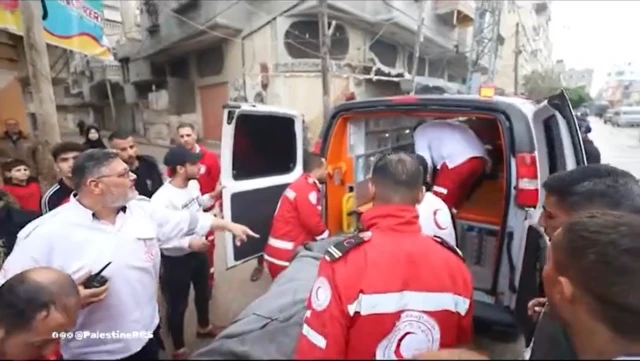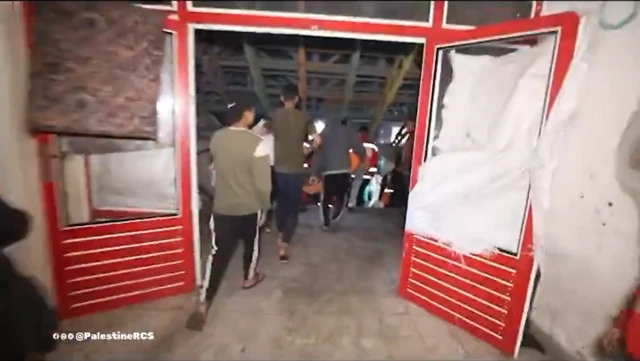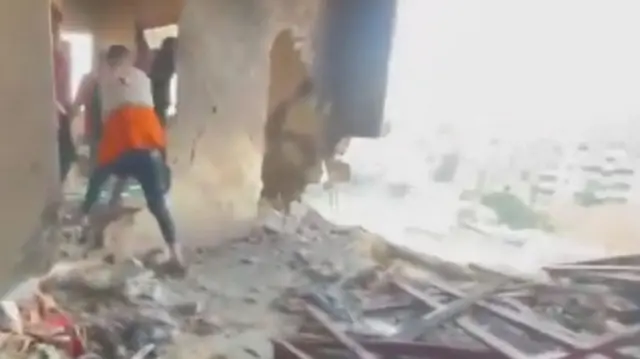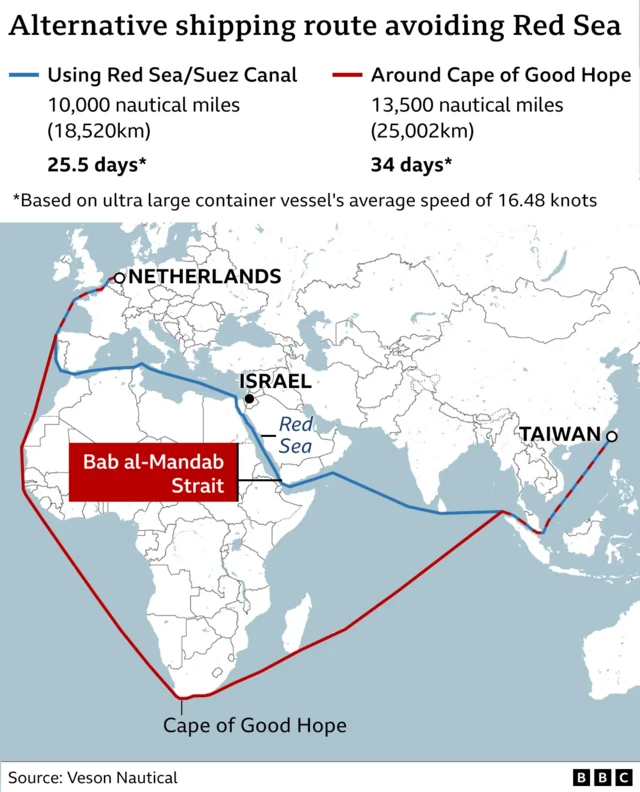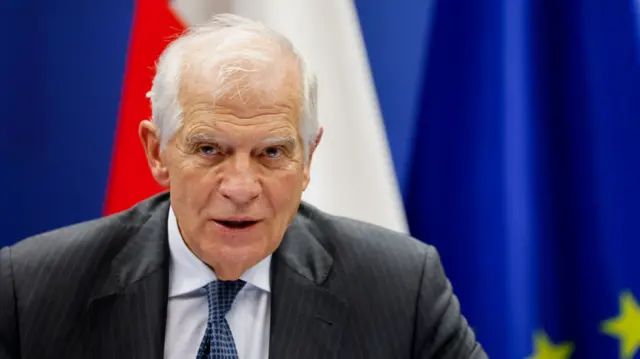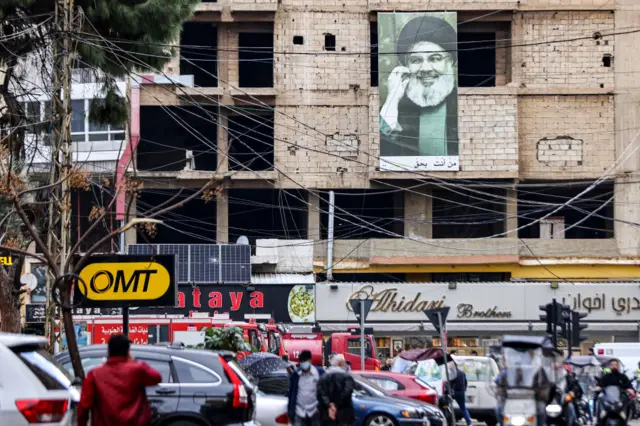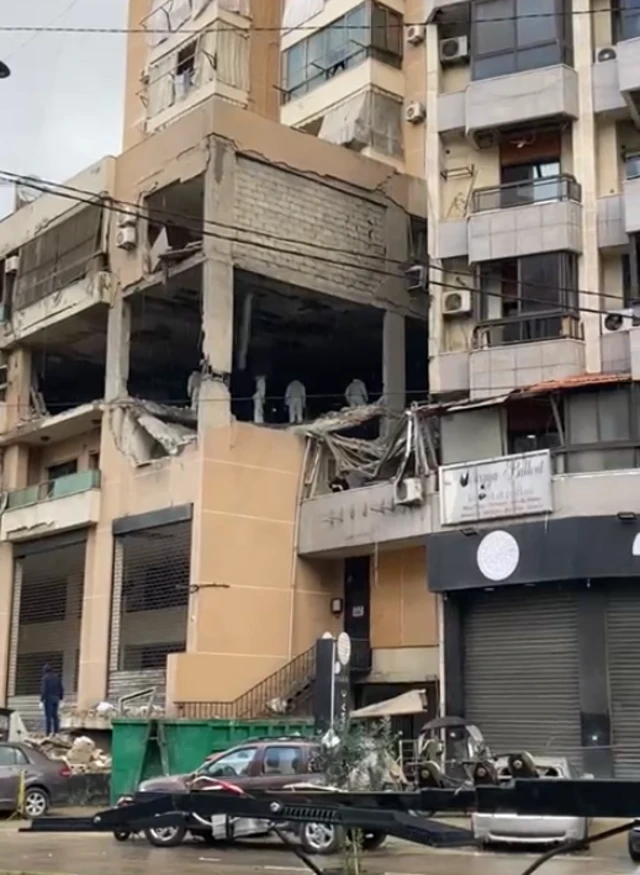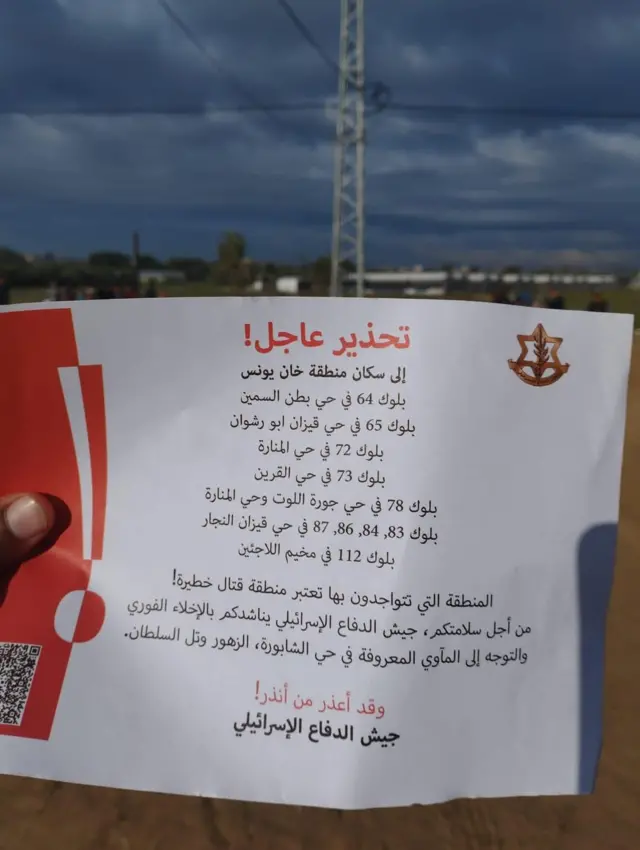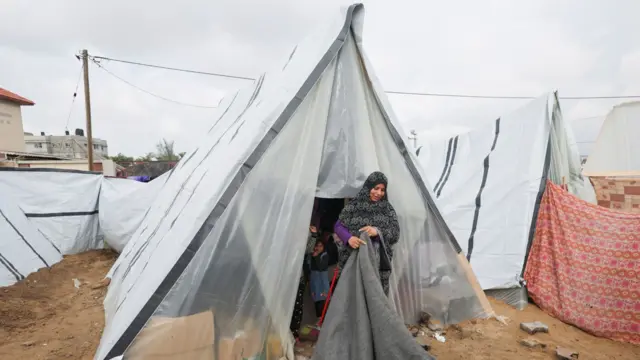Iran reacts angrily to killing of top Hamas official in Beirutpublished at 15:50 GMT 3 January 2024
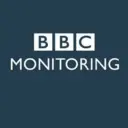 BBC Monitoring
BBC Monitoring
Iranian officials have strongly condemned the killing of Hamas deputy leader Saleh al-Arouri in a suspected Israeli strike in Beirut.
Iranian Foreign Minister Hossein Amir-Abdollahian criticises Israel for its "cowardly terrorist operations" in a post on X.
Broadcast and print media in Iran are also covering the story widely, reporting on the "martyrdom" of al-Arouri and Israel's "desperation", which they say forced it to carry out the strike.
The Islamic Revolution Guards Corps (IRGC) in a statement "strongly condemned" the killing, saying it would boost the "Palestinian fighters's conviction" in their fight against "occupiers".
The IRGC also describes the strike as a "violation of Lebanon's sovereignty".
